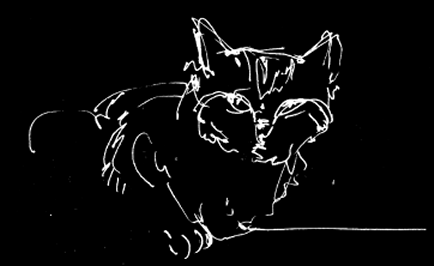Reality orientation does help people make changes and to respond realistically to their environment. But, this should be sensitive to the person’s emotional state and to any care plan that is in place.
Reminiscence therapy involves stimulating the recollection of events and memories from the past. This is achieved by using music, DVD, pictures, movies (that the person may have seen in their past) or food and clothing from past times.
People often enjoy this process and it does tend to make them feel empowered. Older people love telling stories and younger people love hearing them. Grandchildren will want to know stories about their parents as children. Effective as this can be, it is still not going to prevent the memory getting worse in the long run. Creative application of long term reminiscences can be comforting by being about situations that are familiar.
Validation therapy emphasizes the emotional world of the person and offers useful techniques for communication. One may play a game of “tuning in” to a particular person or situation and guess strategies for handling or recognizing what is familiar.
It is important to listen to the person but not get into protracted negotiation or arguments about dates, facts or realities. Validate what is useful and concrete knowledge and perception but try to minimize the effects of failure.
This may bring sense out of less clearly articulated communication. The idea is not to impose our reality but to let them express a more real version of theirs.
Memory training by using external aids, mnenemonies, photographs, and a written list of routine functions can be effective.
Going over self care tasks helps the person to feel empowered and less needy. Short daily training classes with a lot of stimulating interaction may prove useful. Emphasis can be place on how the tasks feel rather than relying on verbal or written instruction. This appeals to the person’s felt-sense experience.
Stimulate the individual by conversation, books, dance, art and movement. Going shopping or for a drive while noticing the environment and sounds. Use of exercise programs, and calming by stretching or relaxation all bring a sense of awareness which brings comfort and confidence.
Behavioral approaches promote a sense of achievement:
- Increase the person’s level of independence including relearning of lost skills and maintaining existing skills. The use of caring verbal prompts helps as a reminder when short term memory is lacking.
- Reduce the level of behavioral disturbance and difficulty. This would include independence in mobility and such basic issues as continence. The person might be encouraged to void often and at regular intervals.
Cognitive-behavioral therapy with a trained professional has been found useful. Weekly sessions may include caregivers as well as the person in need. Thus, everyone learns to be more observant of change and more able to support. This can assist with depression and burn out. Therapy can include progressive relaxation techniques and strategies for anger and stress management. Successive tensing and relaxation of muscle groups relies on procedural memory which is relatively spared in dementia.
Even after all of this it may be necessary to place the person in long term residential care. But the early adoption of interactive strategies can slow down the frustrations of impairments and support more active involvement in the community or family, and thus enhance quality of life.
Complementary Alternative Medicine should be explored as well as psychopharmacology of a more traditional ‘Western’ kind. There have been many advances in geriatric care and prescription drugs. As with everything, information brings power and safety. Seek professional trained consultation at all times.
I believe that old age begins when people settle into a rut and stop learning new things. Both the mind and body lose their agility when not given fresh challenges to master.
For the past decade, I've been making it a point to learn at least one new thing every year, and pursue it with passion. I try to do something different from the things I already know, so I can develop new ways of learning. Since I've always been a klutz, I've been focusing on developing grace and physical coordination through activities like darts, rollerblading, tennis, yoga and most recently belly dancing. Who knows what next year will bring...
And for my mind, I've been working on musical instruments (can successfully torture anyone with the accordion now), writing little stories, learning to colour with oil pastels, trying to master computer graphics, and generally making it a point to learn enough about new things to give me a bit of an understanding of them. I'm thinking my next project might be geometry, as I haven't messed with maths for 20 years.
I work really dilligently at these things until I reach a certain level of proficiency, then move on to the next project while still giving the old ones just enough attention to maintain them.
Another benefit is that once I finally have the time to spend doing what I please (quite a way off, still), I'll have begun plenty of hobbies that I can occupy myself with, rather than sitting in front of a TV, anticipating my next meal. And meanwhile, life is awfully interesting. h2g2

No comments:
Post a Comment